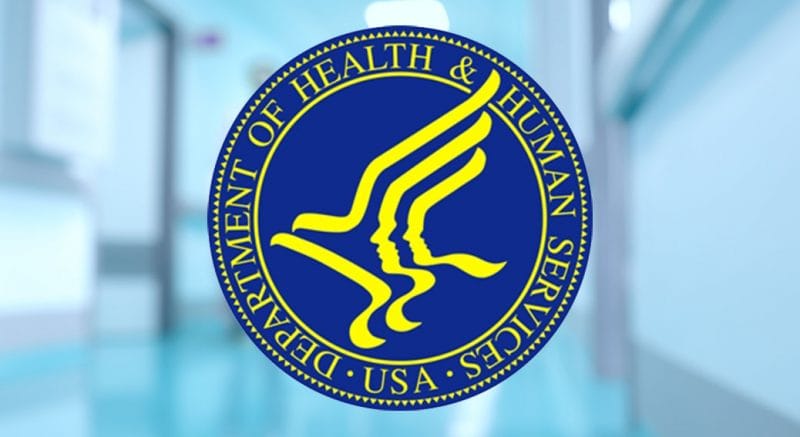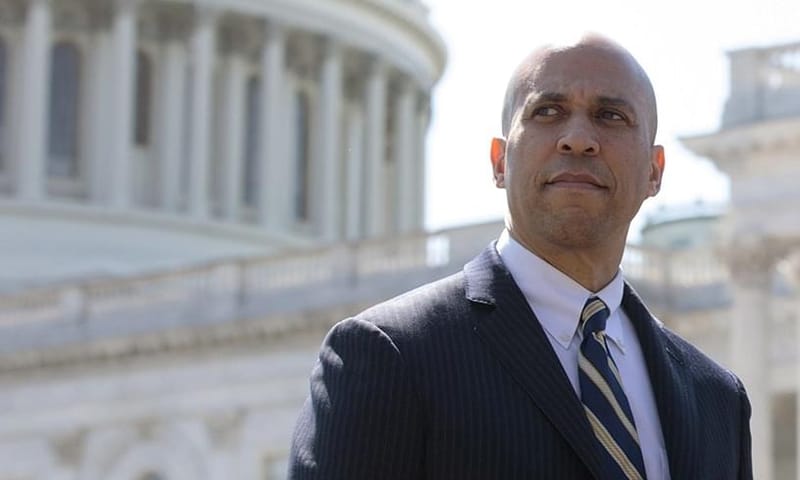HBCUs: Catalysts for Economic Growth and Social Mobility Demand Action for Sustainable Funding
HBCUs are powerful engines of economic growth and social mobility, generating $16.5 billion annually and transforming lives nationwide. A new report underscores their resilience despite chronic underfunding, calling for urgent advocacy and equitable investment to sustain their vital impact.

Historically Black Colleges and Universities (HBCUs) have long stood as pillars of education, community empowerment, and economic growth, significantly impacting local and national landscapes. However, chronic underfunding threatens their ability to sustain this vital role. A new report titled Transforming Futures: The Economic Engines of HBCUs highlights their profound contributions while calling for urgent advocacy and sustainable funding to ensure their future impact.
Dr. Michael L. Lomax, president and CEO of the United Negro College Fund (UNCF), emphasized the resilience of HBCUs as the organization celebrates its 80th anniversary. “Despite a deadly pandemic, social unrest following the deaths of George Floyd and Breonna Taylor, and economic uncertainties, HBCUs continue to do more with less—not only preparing the next generation of leaders but also contributing significantly to our nation’s economic impact,” said Lomax. “At this critical moment, with a crucial election on the horizon, we must all commit to ensuring these cornerstone institutions thrive.”
Key Findings from the 2024 Report:
- $16.5 Billion National Impact: HBCUs collectively generate $16.5 billion in direct economic impact, placing them among the nation’s top economic contributors.
- Job Creation: With 136,048 jobs tied to HBCUs, these institutions rival top Fortune 500 companies in employment generation.
- Social Mobility: HBCUs excel at propelling students from lower-income brackets to higher earning potential, a testament to their role in fostering upward mobility.
- Graduate Earnings: The 51,269 graduates in the class of 2021 are projected to earn $146 billion over their lifetimes, 57% more than they would without their degrees.
The report builds on the findings of the groundbreaking 2017 study, HBCUs Make America Strong, by showcasing how these institutions extend their benefits far beyond campus boundaries. Accompanying the report, an interactive website now provides state-specific data and insights, reinforcing the localized importance of HBCUs.
“This research highlights how HBCUs remain critical drivers of economic growth and social mobility,” said Dr. Nadrea R. Njoku, assistant vice president of UNCF’s Frederick D. Patterson Research Institute. “Despite challenges like the COVID-19 pandemic and threats of violence, HBCUs continue to be indispensable in shaping brighter futures.”
A Call to Action
The report’s findings are crucial, urging the public and policymakers to advocate for equitable funding. “This report is not just a call to awareness but a call to action,” said Lodriguez Murray, senior vice president of public policy and government affairs at UNCF. “We must leverage this data to mobilize our communities and demand the support HBCUs deserve. Voting and sustained advocacy will ensure these institutions continue to shape America’s future.”
To explore the full report and its insights, visit: UNCF.org/HBCUImpactReport.
HBCUs remain a beacon of hope, transforming lives and communities alike. The time to invest in their future is now.






